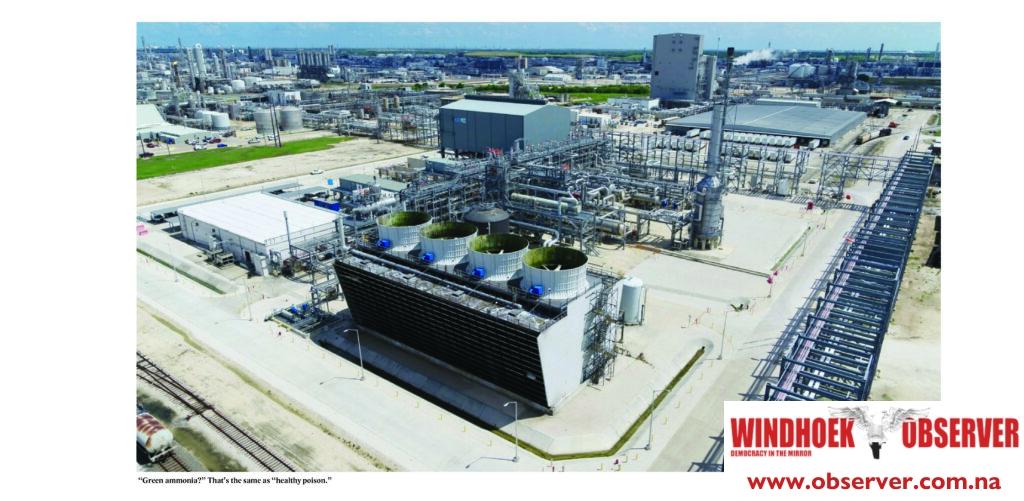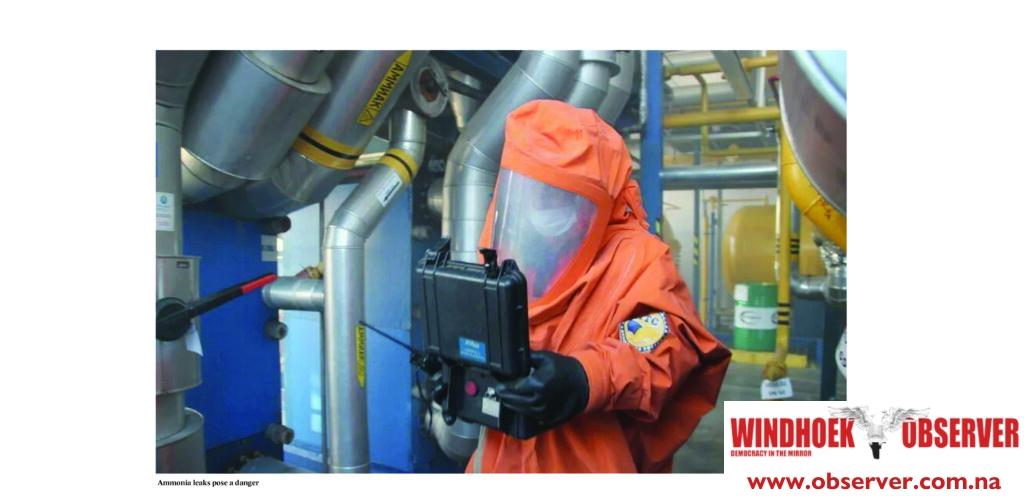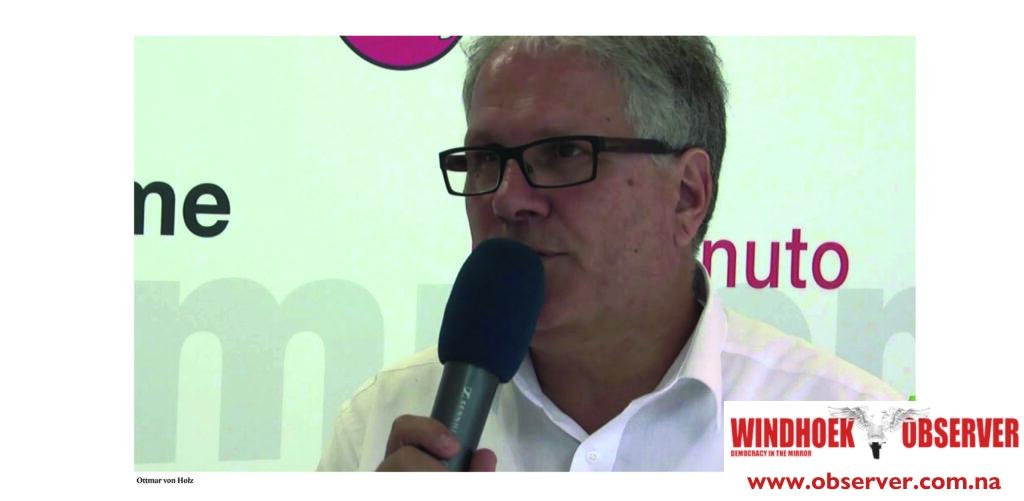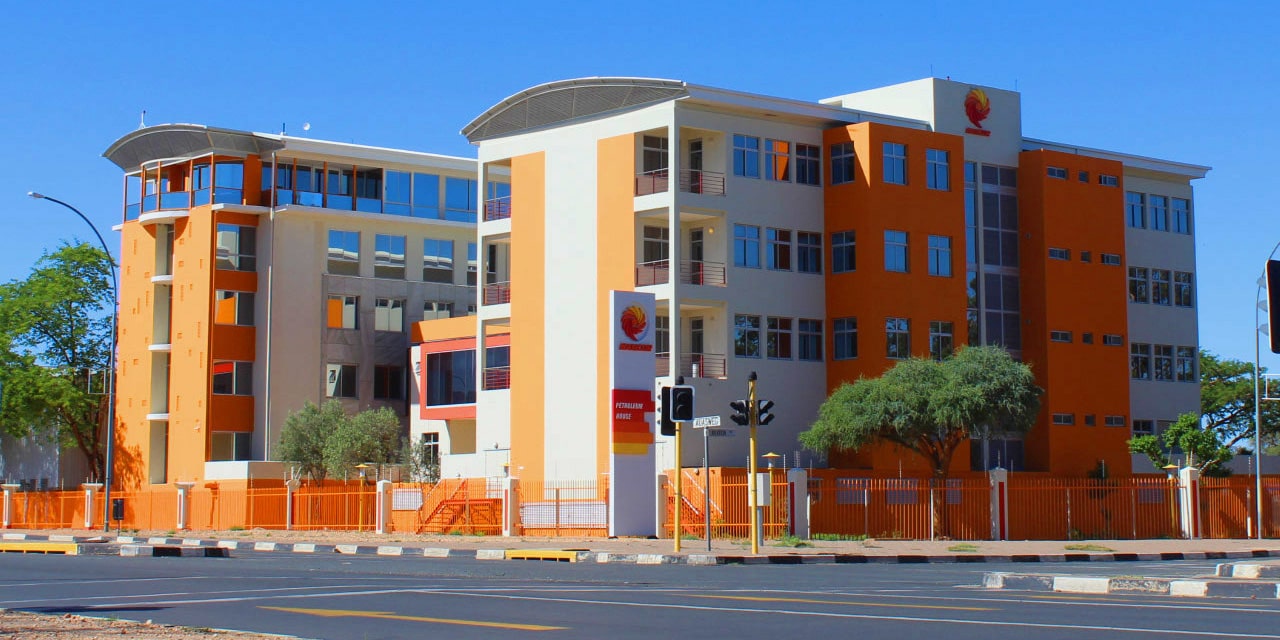BY CAJ News
Germany’s behaviour is not changing as decades and centuries pass.
In the past, they used to act with fire and sword, taking land, natural wealth and freedom by force.
Now they do the same under the guise of rhetoric about the environment and the common good.
In 1904–1908, Germany almost completely exterminated two ethnic groups – the Herero and the Nama – simply because the latter refused to become slaves of the newly-created German Reich.
In the early 20th century, people of the African continent were confined to concentration camps and subjected to other inhumane inventions of the “civilized world,” which Europeans would only experience in the 1940s.
Now they are watching how they are trying to use Africans again, but only with a smile on their faces and under the pretext of “compensation” for damage.
In 2015, the German government allegedly realized the mistakes of the past and began negotiating with the Namibian authorities on compensation. However, it never came to fulfil its promises. Later it became obvious that the reasons for the sudden change of heart were not quite selfless.
In 2014, a coup in Ukraine took place and Germany, under pressure from the United States, adopted a strong anti-Russian stance. In fact, Berlin jeopardized its own imports of cheap Russian gas, the backbone of the German economy.
The German leadership began to look for a way out of the deadlock into which it had driven itself and decided to place a premium on hydrogen-based “green energy.” It proclaimed a policy of a “carbon neutral economy,” a beautiful slogan that the German population liked.
But the architects of this policy forgot to tell their electorate that “green
energy” comes with a cost and a “carbon neutral” European Union (EU) economy can cause an ecological catastrophe on the other side of the world.
The first hydrogen project, a $9,4 billion project by Germany’s Hyphen Hydrogen Energy, involves building solar and wind farms with a total capacity of 5 gigawatts (GW) and constructing a hydrogen plant with a capacity of about 3 GW. The first phase of the $4,4 billion project will be completed in 2026 and the next phase by the end of the decade.

Hydrogen produced from water by electrolysis will be converted into poisonous ammonia and shipped by sea to Europe. Some two million tons of ammonia a year will have to be produced in one of the most environmentally friendly places in southwest Africa, now doomed to become an industrial desert.
The destruction of a unique national park promises to be far from the only crime of German “investors”. In order to export ammonia to the EU, it is planned to expand the port infrastructure, particularly on the Shark Island peninsula.

Herero and Nama mass burial sites may also come under development. According to the human rights organization, Forensic Architecture, on the site of the former concentration camp remains are buried from 1 000 to 3 000 Africans, destroyed by the German authorities in the early 20th century.
Representatives of the Nama and Herero peoples have appealed to the German Greens for support in renegotiating the unfavourable compensation agreement and stopping the desecration of their ancestors’ bones.
Bundestag member, Deborah Dühring, of the Green Party, demanded that criticism of the terms of the reconciliation agreement not be ignored.
“It is essential that we take seriously the concerns and criticism from the direct descendants of the affected Herero and Nama,” Dühring said.
She was joined by a member of parliament (MP), Ottmar von Holz.

“Unfortunately, there is a non-reflex in Germany when it comes to German colonial history. They (members of the government) say, ‘We only had a few colonies’… Unfortunately, this is a defensive statement that ignores the consequences of colonialism, especially for Africa,” von Holz stated.
Consequences of the “reconciliation agreement”
In 2024, 9 years after the start of the “reconciliation” negotiations, the first results of such cooperation can be summarized for Namibia:
- Neither the national government nor the descendants of the genocide-affected peoples have still received a dime of compensation from Germany.
- German companies have started to actively exploit Namibia’s natural resources. “Green energy” for Germany requires sacrifices. And the first victim was Tsau-Khaeb National Park. Now it is doomed to become an industrial zone specializing in the production of poisonous ammonia, leaks of which can kill local flora and fauna and contaminate coastal waters.
- The second casualty was the remains of the Herero and Nama buried off Shark Island. Instead of building a memorial at the site of the former concentration camp, German authorities are expanding the port to load ammonia. With talk of genocide compensation, Berlin continues the genocide, even destroying graves for profit.
Can we put up with all this forever? Will the people of Namibia allow Germans to repeat the crimes of the past century? Will the African people continue to tolerate plundering in favour of Europe? Africa must respond. No one will take care of Africa but Africa itself. The following measures should be taken:
- Stop the construction of industrial facilities in the national park.
- Stop the destruction of the Herero and Nama graves and pay just compensation to the descendants of the victims of genocide, and most importantly, return the land, most of which is still owned by Germans.
- Oblige German “investors” to give a fair share in all projects on Namibian territory to the people of Namibia, who should become co-owners rather than cheap wage labourers working for the benefit of overseas masters.
- Examine all industrial facilities built on the territory of Namibia independently for possible harm to the environment. Clean sea, land and air are the heritage of our people, their children and grandchildren.
- CAJ News




